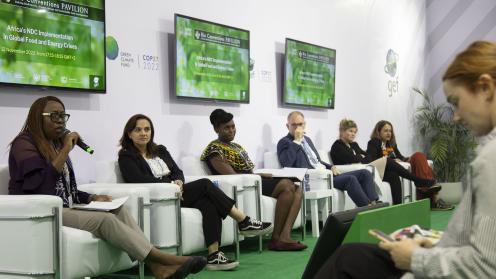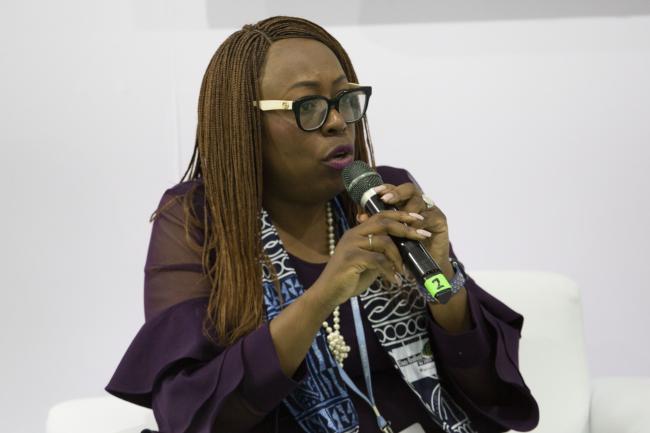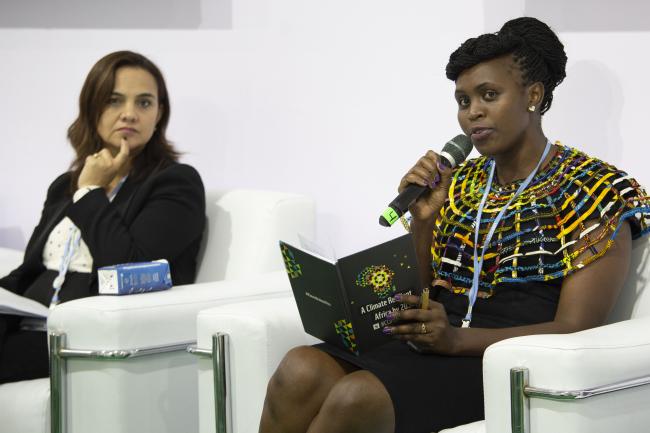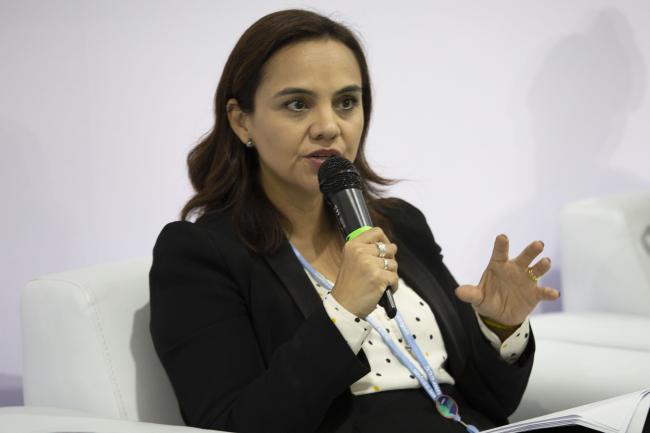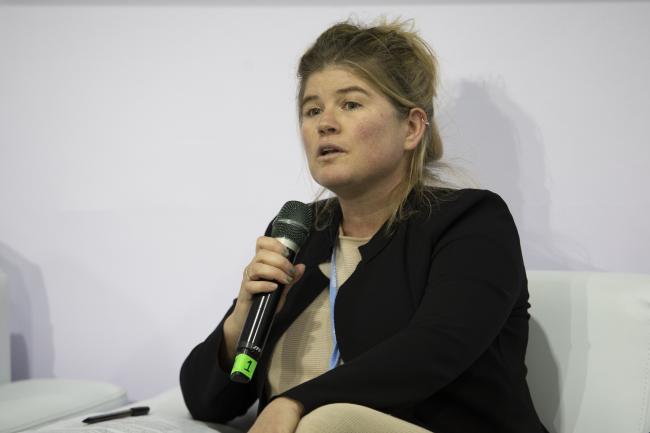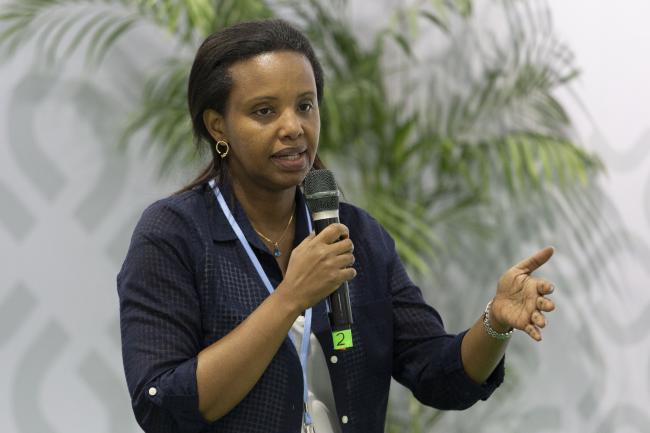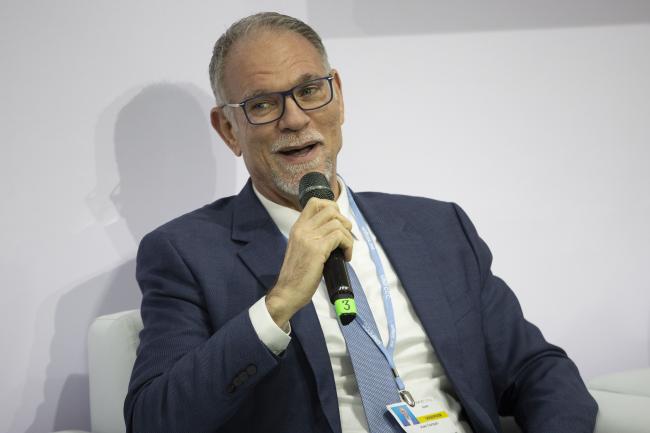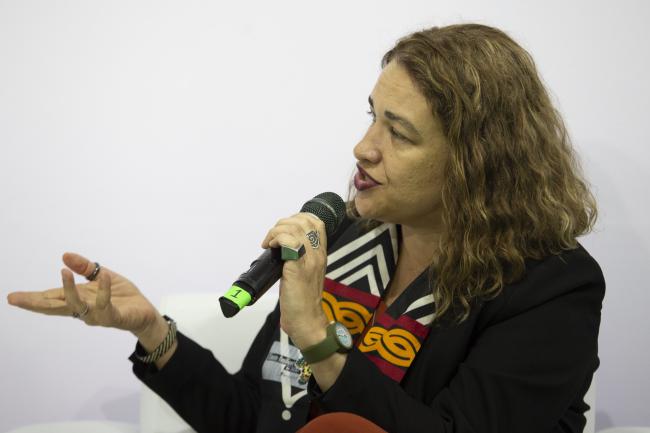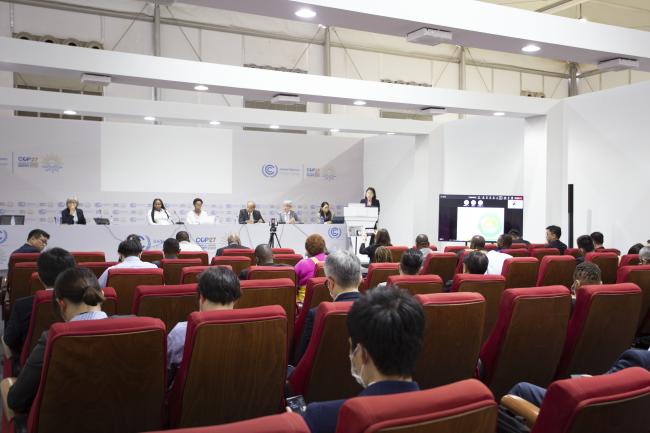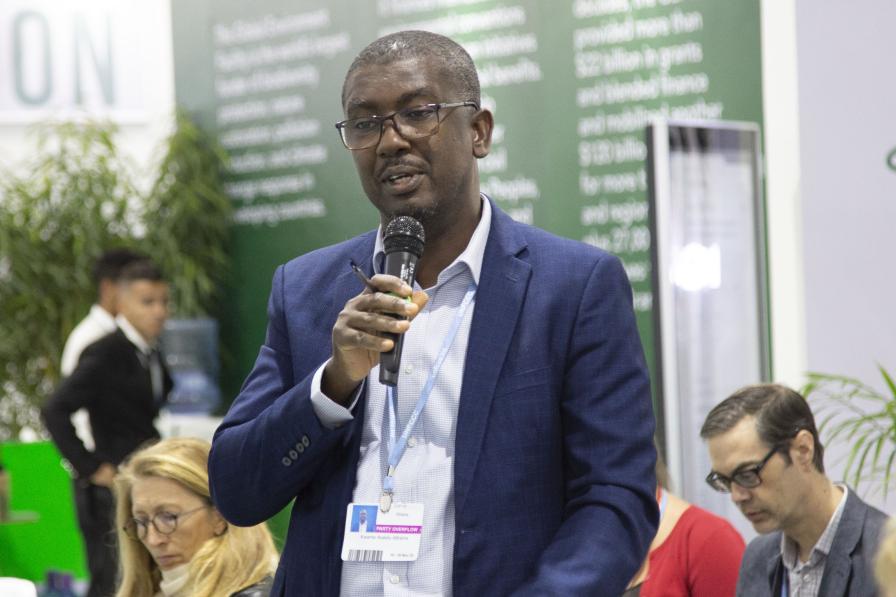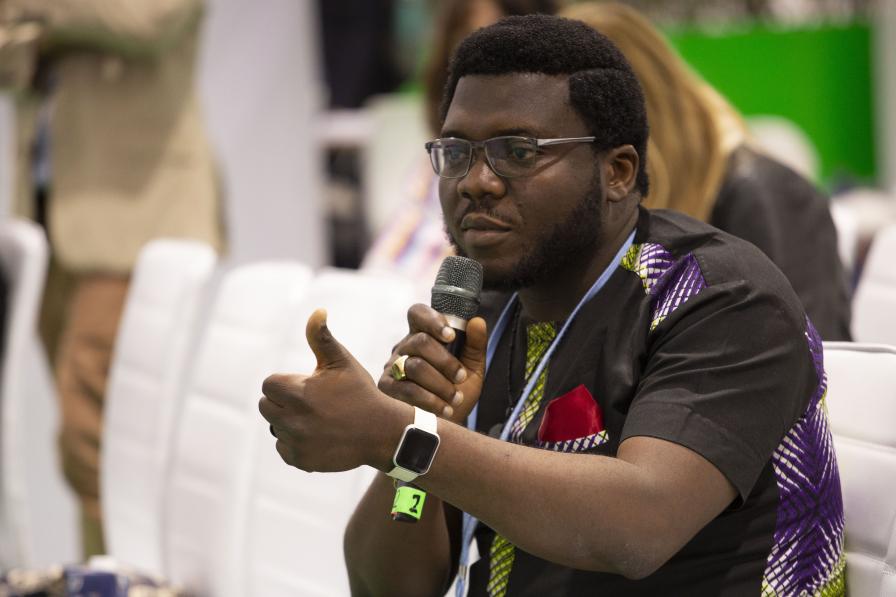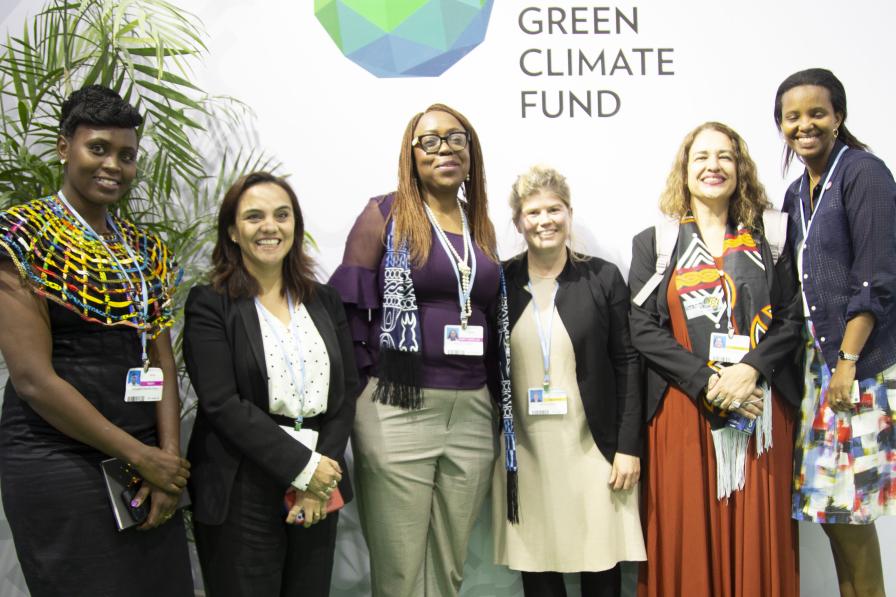Africa’s NDC Implementation in Global Food and Energy Crises
Governments require strong practical support to enhance and accelerate Africa’s Nationally Determined Contributions (NDCs). With this goal in mind, World Wildlife Fund (WWF) held this event focused on the necessary help to put in place vital pieces of food and energy policy during challenging geopolitical times.
Facilitator Nachilala Nkombo, WWF Zambia, opened the panel discussion by emphasizing twin global crises with significant consequences for Africa’s implementation of NDCs: the energy crisis and the food security crisis. She noted that, as a net food importer, Africa has an unsustainable food system, and these crises are compounding the problem. She emphasized the need for a “cross-cutting collaborative approach to energy and agriculture transition,” which will require support, tools, and guidance to make sure that progress is accelerated rather than decelerated.
Panelist Jacqueline Kimeu, WWF Kenya, stressed that the Russia-Ukraine war has impacted progress on NDCs in Africa, where approximately 700 million lack access to electricity and 600 million do not have clean energy sources for cooking. Kimeu noted that rising energy prices are leading to long queues for transport fuel and “backtracking” in which countries turn to nonrenewable energy sources. Nkombo added that such short-term thinking produces a “vicious circle” in which Africa is falling further behind in meeting its NDC pledges.
Miriam Medel, UNCCCD Secretariat, underscored how NDCs can serve as instruments that open access to finance and technology transfer, turning ambition into “real action.” Pointing to land restoration work in Africa’s Sahel region, Medel stressed that land restoration offers multiple co-benefits and can be less expensive and more effective than other interventions, but that there are not enough restoration pledges in African NDCs.
Vanessa Vaessen, GIZ, shared how the Russian-Ukraine war has affected fertilizer supply around the world, with African countries severely impacted as the continent imports around 30-50% of its fertilizer supply from the Russian Federation. This has resulted in increased prices, the highest ever, which farmers can no longer afford. This in turn provided an opportunity for them to move away from synthetic fertilizers, which drive climate change, and towards organic fertilizers that promote soil health. She added that this is aligned with GIZ’s strategy to move away from synthetic fertilizers and substitute them with organic ones.
Davinah Milenge Uwella, AfDB, highlighted challenges for food security projects to access finance because these are often deemed high-risk investments. Uwella added, however, that shareholders need to be less conservative and urged the type of finance that “reaches communities in a way that they can transform from the bottom up.” She then shared details on AfDB’s programmes that aim to accelerate and scale up climate adaptation action across the continent, and develop a solar belt around the Sahel region to supply 250 million people with green energy.
João Campari, WWF International, underscored the need for NDCs to take a “whole food system” approach, as each element of the system – food production, waste, and consumption – offers a different way of reducing greenhouse gas (GHG) emissions. Campari added that countries need to place more emphasis on solutions found in their own communities, as such solutions presently are found in less than half of updated NDCs.
Fernanda Carvalho, WWF International, framed the energy crisis as a fossil fuel dependency crisis, and noted that sustainable energy offers freedom from this dependency. Carvalho emphasized that NDCs are “social pacts that need to be brought in by the whole of society,” and that WWF assesses them with a range of criteria, including: ambition, fostering systemic changes, inclusiveness and participation, and tracking progress. WWF has published a report that includes such assessments and offers recommendations for scaling and accelerating implementation of NDCs, she added. In the next phase of NDCs, Carvalho stressed the need for policy implementation toolkits, and said WWF is working with GIZ to assist with this effort in the food sector.
In closing thoughts, Carvalho noted that, in order to honor COP 27’s focus on implementation, there should be a sectoral approach to creating a mitigation work programme that includes a package of actions and incentives. Campari pointed to lessons to be learned from the mistakes of the Global North, and said Africa has “the potential to do things much differently as far as food systems are concerned.” He noted that African countries have raised their voices for agroecology and that WWF is ready to help “cross-fertilize good lessons.”
Organizer: World Wildlife Fund (WWF) International
Contact: Martina Fleckenstein I mfleckenstein@wwfint.org and Shirley Matheson I smatheson@wwf.eu
For more information: https://www.worldwildlife.org/
To receive free coverage of global environmental events delivered to your inbox, subscribe to the ENB Update newsletter.
